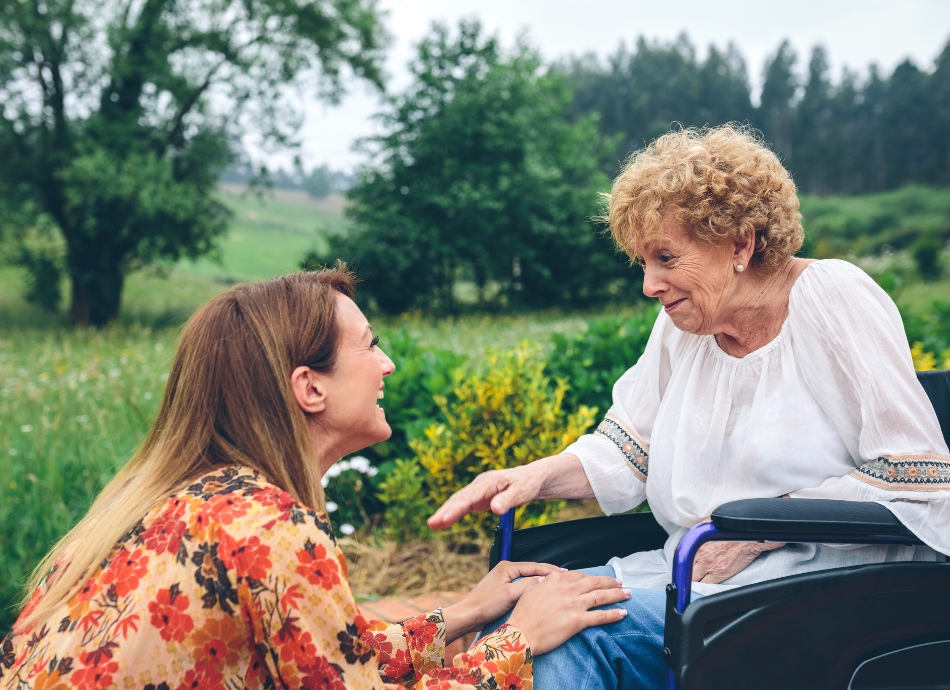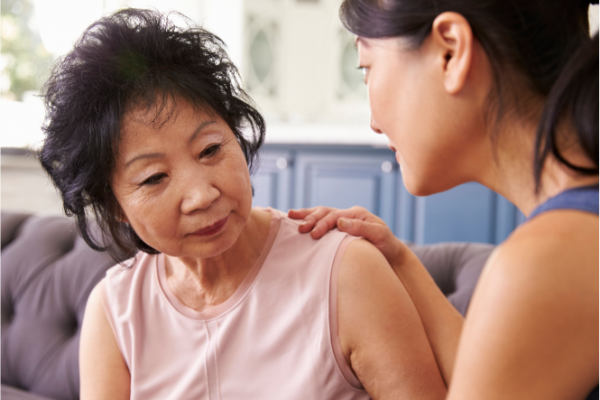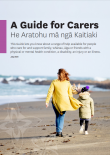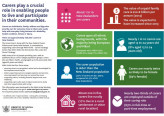Carers are individuals, family, whānau and āiga who provide care for someone close to them who needs help with everyday living because of a disability, health condition, illness or injury. Words such as ‘support’ or ‘manaakitanga’ may better describe the way a carer sees caring as a natural part of what they do for the people they love. 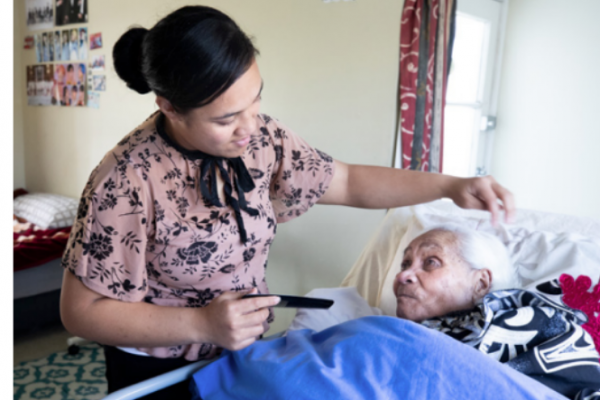
Image credit: Ministry of Social Development
There are approximately 430,000 carers in Aotearoa New Zealand – about 1 in 10 people.
Caring plays a crucial role in society as it allows people to live and participate in their communities. It also helps reduce dependence on the health and aged care systems. Carers make a significant contribution to the quality of life of the person they care for.
Depending on your situation, being a carer can be different for everybody. For example, you could be caring for a disabled child, supporting a friend with a mental health condition, looking after an older family member or caring for a sick partner.
The care you give could be needed suddenly due to unforeseen circumstances such as an accident, or it could develop gradually over time, eg, if you have an ageing parent or grandparent who needs increased support.
You may be caring for someone in your own home or outside of your home, and it may be part or full-time. The care may be required short-term or long-term and it can vary in the degree of difficulty and/or amount of time needed to care for the person.
Demand for carers is growing because people are living longer, more people have multiple long-term health conditions, and more people are living at home rather than going into residential care.
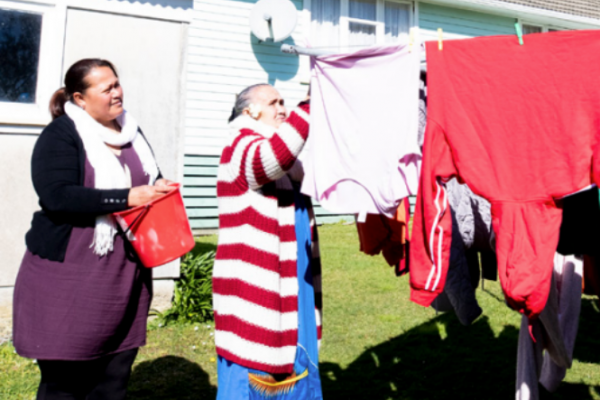
Image credit: Ministry of Social Development
According to the Ministry of Social Development:
- About 1 in 10 New Zealanders are carers.
- Carers are nearly twice as likely to be female (63% female).
- Carers span all ethnic backgrounds, with the majority being European and Māori (European 70%, Māori 15%, Pacific 6%, other 2%).
- The carer population is older than the New Zealand population (20% of carers are over 65 years, compared to 15% of all New Zealanders).
- Nearly one in 10 carers are 15–24 years of age.
- Nearly two-thirds of carers are employed outside of their caring role (63% in full-time or part-time employment).
- About 1 in 5 carers live rurally (17% live in a rural settlement or other rural location).
- The value of unpaid family care is about $10.8 billion per annum (2013). The value is expected to have significantly increased since 2013.


